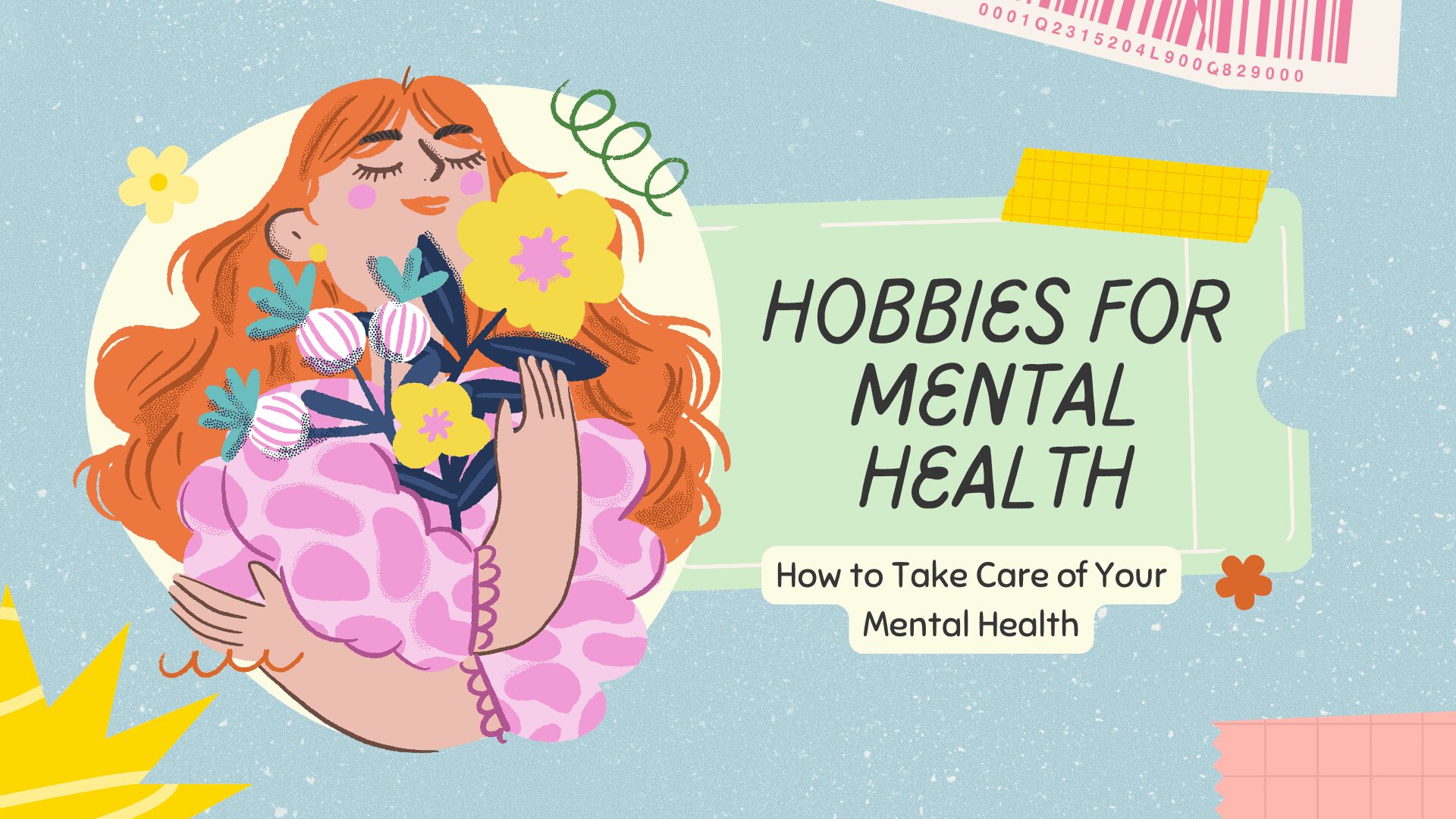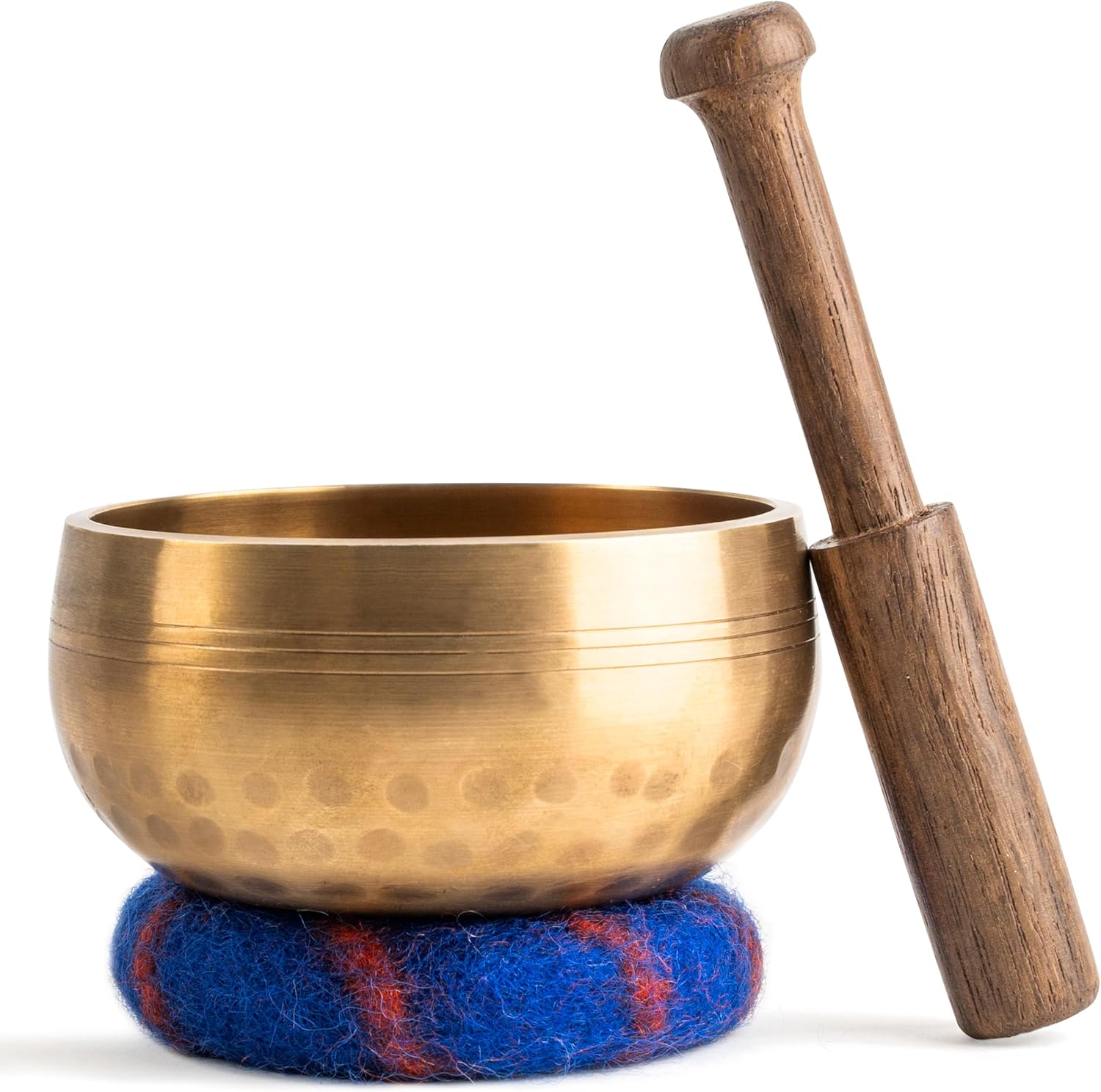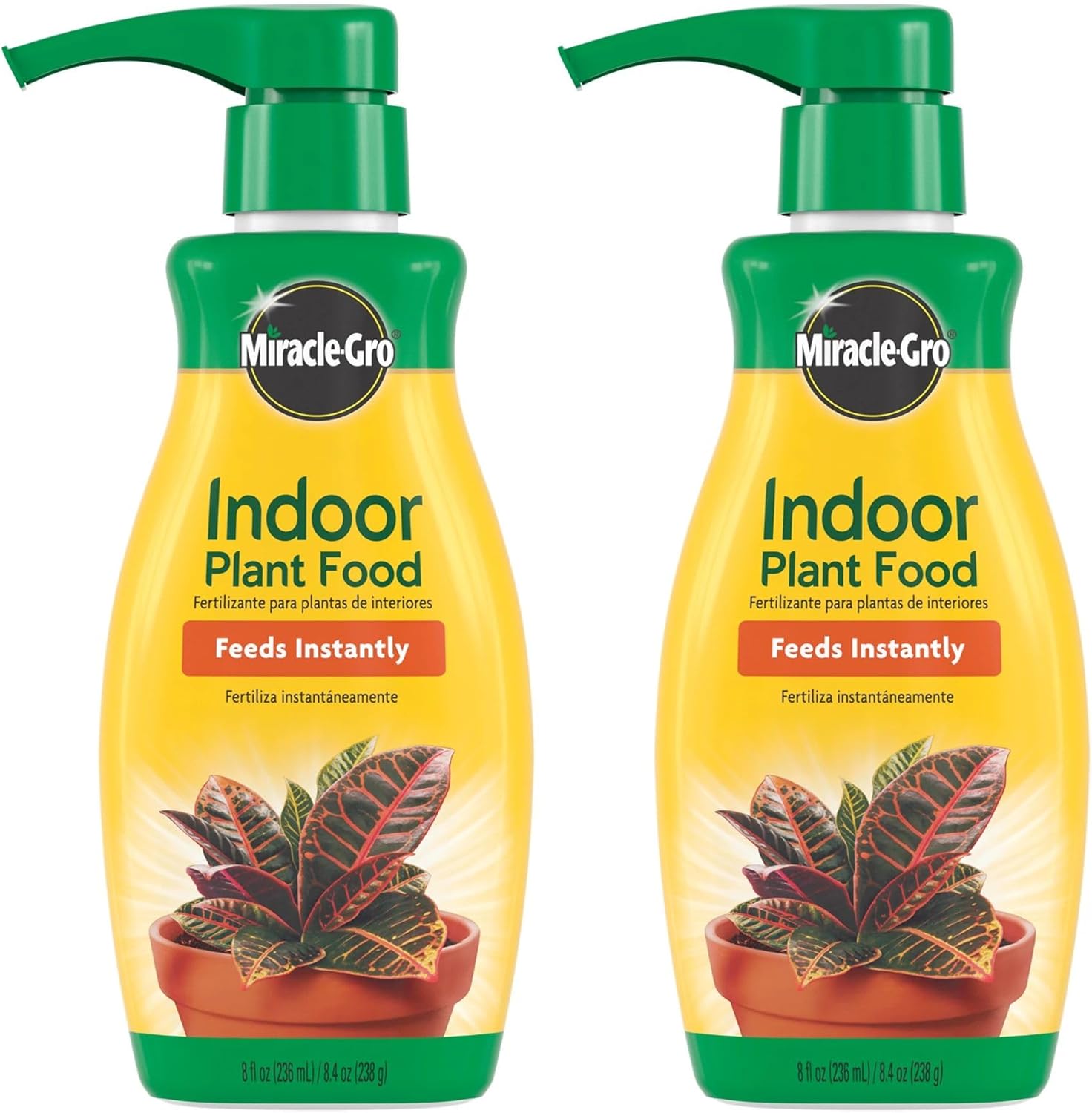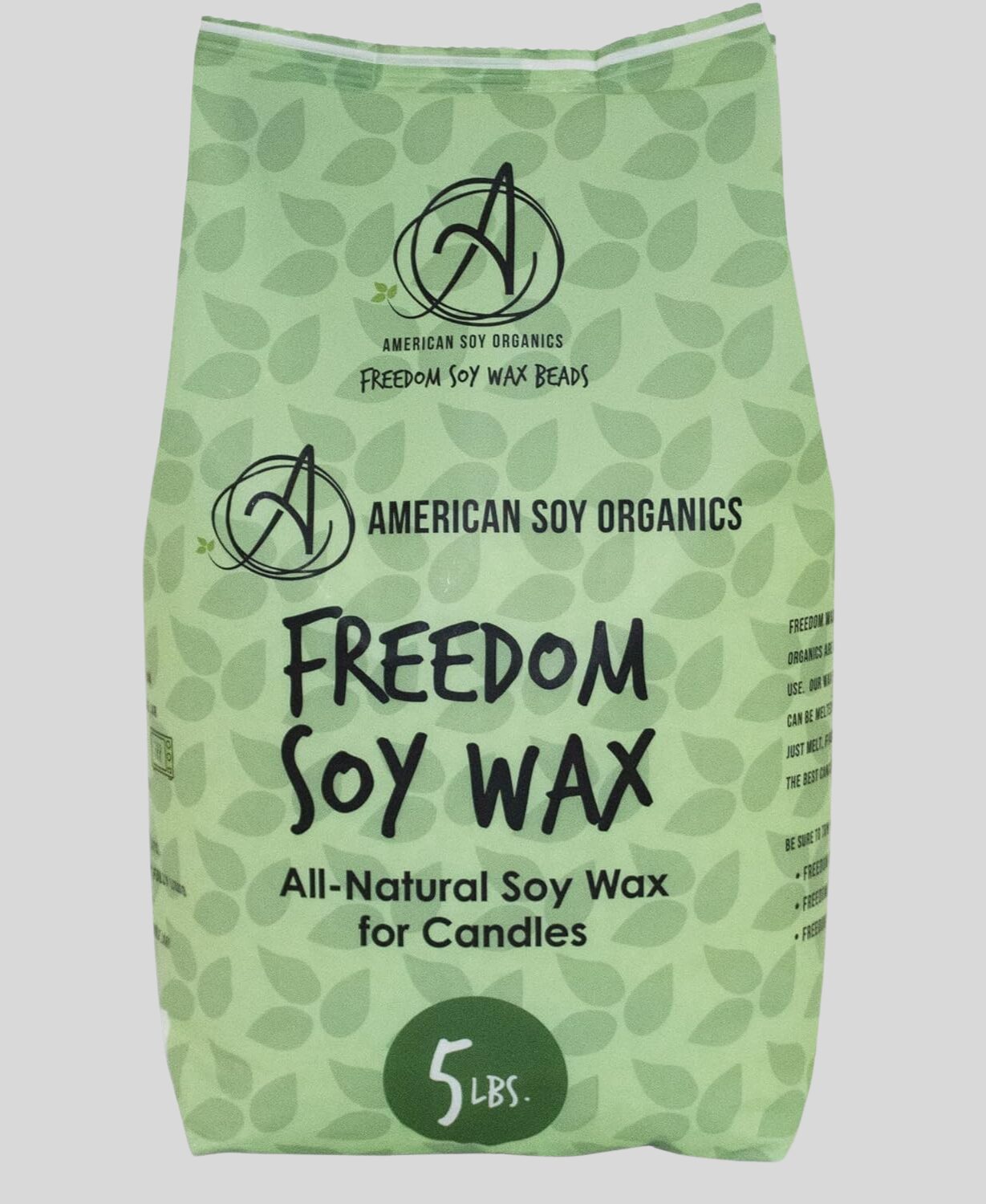I have always believed hobbies aren’t just for filling time; they are for filling your mind and soul. Over the past few years, I have personally tried different hobbies for mental health, some during stressful seasons, others while recovering from burnout. I have also spoken with women of different ages and read up on evidence-based hobbies for mental health.
What did I find? The right hobby can ease anxiety, boost mood, and help you feel connected again.
This is not just about passing time; it’s about finding a lifeline when life feels heavy. Whether you are looking for the best hobbies for anxiety and depression, want to stop overthinking, or simply want to add joy to your days, the list below will give you ideas backed by both research and real-life experiences.
Why Hobbies Matter for Mental Health
The connection between hobbies and mental health isn’t just feel-good fluff. Research consistently shows that engaging in meaningful leisure activities can significantly impact our psychological well-being. According to multiple studies, people who maintain regular hobbies report 21% fewer symptoms of depression compared to those without consistent recreational activities.
The Science Behind Hobby Benefits
The health benefits of hobbies extend far beyond simple enjoyment. When we engage in activities we find fulfilling, our bodies respond in measurable ways:
Stress hormone reduction: Creative and meditative hobbies can lower cortisol levels by up to 75%. Activities like painting, gardening, or playing music trigger the relaxation response, helping counteract chronic stress.
Dopamine boost: Completing hobby-related tasks, whether it’s finishing a puzzle or harvesting tomatoes from your garden, releases dopamine, our brain’s reward chemical. This natural high can improve motivation and overall mood.
Improved sleep quality: Regular hobby engagement helps regulate circadian rhythms. The mental satisfaction from creative pursuits often leads to deeper, more healing sleep.
Social Benefits That Combat Loneliness
Beyond individual wellness, hobbies create powerful social benefits of hobbies that combat isolation. Group activities like book clubs, hiking groups, or crafting circles provide natural opportunities for connection. These relationships often feel more authentic than forced social situations because they’re built around shared interests and passions.
Acknowledging the Disadvantages of Hobbies
Let’s be honest about the potential drawbacks. Hobbies can require time you feel you don’t have, money you are trying to save, or energy that already feels depleted. Some activities come with steep learning curves that might initially increase frustration rather than reduce it.
However, these disadvantages often shrink when you choose activities that align with your current life circumstances rather than fighting against them.
Pro Tip: Choose a hobby that fits into your current lifestyle rather than forcing yourself into something too demanding. Start small and scale up as your interest and capacity grow.
How I Chose These Hobbies
My selection process was not random. Each activity on this list meets specific criteria:
I have either tried them personally or learned from women in different life stages who have found genuine benefit. I have prioritized evidence-based hobbies for mental health, activities with research backing their psychological benefits. Most importantly, I have focused on options that work particularly well for overthinkers, anxious personalities, and those dealing with burnout.
These aren’t just nice-to-have activities. They are tools for mental wellness that have helped real people navigate challenging seasons.
17 Hobbies for Mental Health You Can Start Today
1. Sound Bath Meditation
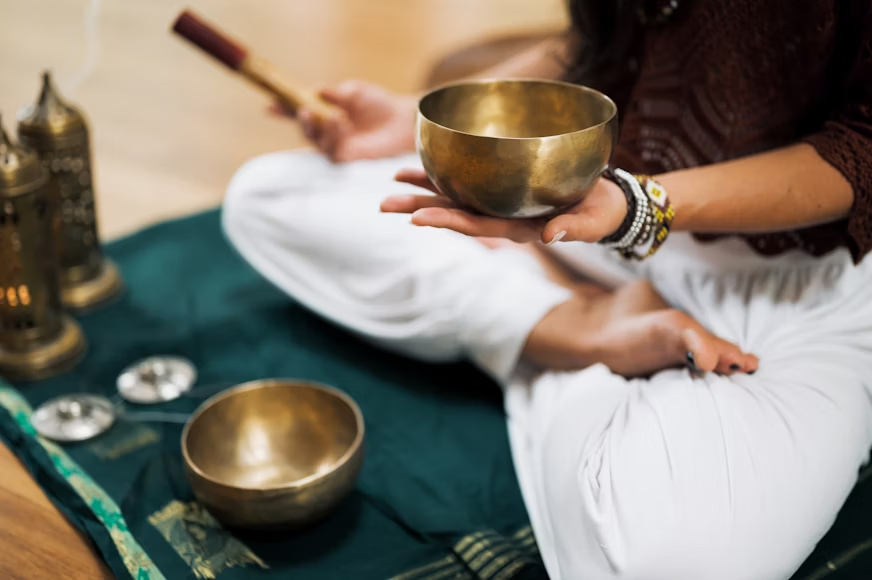
Sound bath meditation involves lying down while listening to therapeutic sounds from gongs, singing bowls, and chimes. The vibrations help shift brainwaves from beta (active thinking) to alpha and theta states (relaxation and meditation).
Research shows that sound therapy can reduce anxiety by up to 40% in a single session. The passive nature makes it perfect for overthinkers who struggle with traditional meditation.
Pro Tip: Start with free YouTube sessions before investing in local classes or instruments.
2. Forest Bathing (Shinrin-Yoku)
This Japanese practice involves mindfully immersing yourself in nature without phones, goals, or destinations. You simply exist among trees, focusing on sensory experiences.
Studies demonstrate that forest bathing reduces cortisol levels and boosts natural killer cells that support immune function. Even 20 minutes can lower blood pressure and heart rate.
Pro Tip: Urban dweller? Any green space works, parks, botanical gardens, even tree-lined streets can provide benefits.
3. Soap or Candle Making
The combination of creativity and sensory engagement makes this hobby particularly therapeutic. The process requires focus while producing something beautiful and functional.
The repetitive motions involved in melting, measuring, and molding activate the same neural pathways as meditation, reducing anxiety and promoting flow states.
Pro Tip: Start with melt-and-pour soap bases or soy wax candle kits; they are beginner-friendly and require minimal equipment.
4. Calligraphy & Hand Lettering
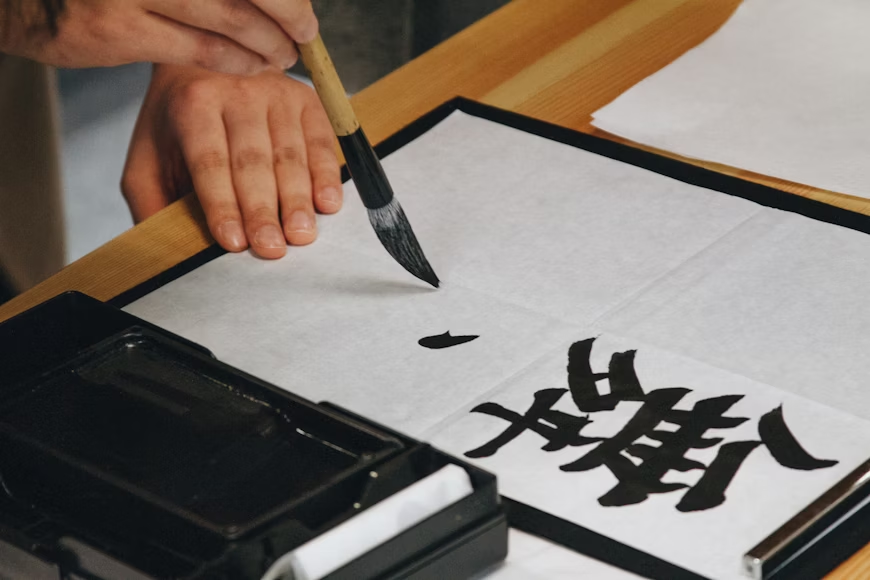
The slow, precise movements required for beautiful lettering naturally calm racing minds. This hobby forces you to slow down and focus on the present moment.
Research on handwriting shows it activates areas of the brain associated with learning and memory while reducing stress hormones. The mindful nature makes it particularly effective for hobbies for overthinkers.
Pro Tip: Begin with a simple brush pen and practice basic strokes before attempting full letters or words.
5. Rock Balancing Art
This meditative practice involves stacking stones without glue or supports, relying solely on balance and patience. The focus required pushes anxious thoughts aside while building mindfulness skills.
The temporary nature of rock sculptures teaches acceptance of impermanence, a concept that can help reduce anxiety about control and perfection.
Pro Tip: Start with three stones and work by water sources where you’ll find naturally smooth, flat rocks.
6. Indoor Plant Styling
Beyond basic plant care, this hobby involves designing beautiful spaces with plants. The visual therapy aspect, combined with nurturing living things, provides dual mental health benefits.
Studies show that caring for plants reduces psychological stress and increases feelings of well-being. The visual green space also helps reduce eye strain and mental fatigue.
Pro Tip: Begin with low-maintenance plants like pothos or snake plants while you develop your styling skills.
7. Astronomy Stargazing
Looking at stars provides a natural perspective on daily stresses while inspiring awe and wonder. The quiet, contemplative nature makes it deeply calming.
Research on awe experiences shows they reduce inflammatory markers linked to depression and increase life satisfaction. The vastness of space naturally puts personal problems in perspective.
Pro Tip: Use free apps like SkySafari to identify constellations and planets, turning casual stargazing into engaging learning.
8. Board Game Clubs
Strategic games provide cognitive challenges while fostering social connections. The combination of mental stimulation and laughter creates powerful mood-boosting effects.
Games activate the brain’s reward system while providing social interaction that combats loneliness. Regular game nights can reduce depression symptoms and build lasting friendships.
Pro Tip: Start with gateway games like Ticket to Ride or Azul rather than complex strategy games that might feel overwhelming initially.
9. Laughter Yoga

This unique practice combines breathing exercises with intentional laughter, even if it feels forced initially. The body can’t distinguish between genuine and fake laughter — both provide benefits.
Research shows laughter yoga reduces stress hormones by up to 70% while increasing dopamine and improving immune function. The social aspect amplifies the benefits.
Pro Tip: Find local classes or try online sessions to get comfortable with the concept before practicing solo.
10. Geocaching
This modern treasure hunting uses GPS coordinates to find hidden containers outdoors. It combines adventure, exercise, and puzzle-solving in a single activity.
The goal-oriented nature provides dopamine rewards while the outdoor exploration offers nature therapy benefits. The community aspect connects you with fellow adventurers worldwide.
Pro Tip: Download the official Geocaching app and start with easy finds near your home to learn the basics.
11. Upcycling Furniture
Transforming old furniture into beautiful pieces combines creativity with sustainability. The physical results provide a strong sense of accomplishment.
Working with your hands activates the vagus nerve, which helps regulate the nervous system and reduce anxiety. Seeing dramatic before-and-after transformations boosts self-efficacy.
Pro Tip: Start with small pieces like side tables or picture frames before tackling major furniture projects.
12. Puzzle Collecting & Solving
From jigsaw puzzles to mechanical brain teasers, puzzle-solving provides focused mental engagement that crowds out anxious thoughts.
Research shows puzzle-solving increases dopamine production and activates multiple mental functions simultaneously. The meditative aspects help reduce stress while building problem-solving confidence.
Pro Tip: Choose puzzles slightly above your comfort level to maintain engagement without creating frustration.
13. Scent Crafting / Perfume Blending
Creating custom scents engages the olfactory system, which has direct connections to emotional centers in the brain. The creative process provides therapeutic benefits while aromatherapy enhances mood.
Certain scents like lavender and bergamot have proven anxiety-reducing properties. Creating personal blends adds an element of self-expression and accomplishment.
Pro Tip: Start with essential oil blending before moving to more complex perfume ingredients — it’s safer and less expensive.
14. Wildflower Pressing & Botanical Art
This hobby combines nature connection with artistic expression. The process of collecting, pressing, and arranging flowers provides multiple therapeutic touchpoints.
Time spent in nature reduces stress hormones, while the artistic creation activates reward centers in the brain. The seasonal aspect helps maintain a connection with natural cycles.
Pro Tip: Use heavy books and paper towels for pressing if you don’t have a flower press — the results are nearly identical.
15. Mindful Tea Ceremony
The intentional preparation and consumption of tea create a meditative ritual that naturally slows racing thoughts.
The L-theanine in tea promotes alpha brain waves associated with relaxed alertness. The ceremonial aspect adds mindfulness and gratitude practices to the daily routine.
Pro Tip: Focus on the sensory experience — water temperature, steeping time, aroma, and taste — rather than rushing through the process.
16. Mosaic Art
Arranging small pieces of glass, stone, or tile into patterns requires sustained focus while producing beautiful, lasting art.
The repetitive, detailed nature promotes flow states while the creative expression provides an emotional outlet. Completed pieces serve as tangible reminders of your capability and creativity.
Pro Tip: Start with pre-cut mosaic tiles and simple patterns before attempting to cut your materials.
17. Birdsong Identification
Learning to recognize bird calls combines nature connection with cognitive challenge. The focused listening required naturally quiets mental chatter.
Studies show that listening to bird songs reduces anxiety and improves cognitive performance. The learning aspect provides ongoing dopamine rewards as you identify new species.
Pro Tip: Use apps like Merlin Bird ID or eBird to learn common species in your area before expanding to rare birds.
How to Pick the Right Hobby for Your Mind
Choosing the right hobby requires honest self-assessment about your personality, resources, and current mental state.
Consider Your Personality Type
Introverts often thrive with solitary activities like reading, gardening, or crafting that allow for deep focus and minimal social pressure.
Extroverts typically benefit more from group activities like team sports, book clubs, or volunteer work that provide social energy and connection.
Highly sensitive people might prefer calmer activities like meditation, art, or nature-based hobbies over high-stimulation options.
Evaluate Practical Constraints
Be realistic about time and budget limitations. A hobby that creates financial stress or schedule overwhelm defeats its therapeutic purpose.
Consider the benefits of hobbies for students and busy professionals: activities that can fit into small time windows (like drawing or reading) often work better than those requiring large time blocks.
Try Mini Experiments
Before committing fully, test activities through trial classes, library books, or borrowing equipment. This approach prevents the disappointment of investing in something that doesn’t resonate.
Pro Tip: If you are an overthinker, start with low-stakes hobbies like doodling, photography, or gardening, where there is no pressure to achieve perfection immediately.
Start Small, Think Big
Hobbies for mental health aren’t about becoming an expert; they are about becoming a little more at peace each day. Whether you try something artistic, active, or social, the benefits can ripple into every part of your life.
The research is clear: regular engagement in meaningful activities reduces depression symptoms, lowers anxiety, and improves overall life satisfaction. But beyond the statistics, I have lived it and seen it transform the lives of women around me.
Your mental well-being is worth the investment. Start with one activity that sparks curiosity. Give it time to work its magic. Your future self will thank you for taking that first small step toward better mental health today.
FAQs
Hobbies that require focus and mindfulness are highly effective in reducing overthinking. Activities such as painting, gardening, playing a musical instrument, or practicing yoga immerse individuals in the present moment. These hobbies not only keep the mind engaged but also promote relaxation and reduce stress, making them excellent tools for managing overthinking.
There is no specific number of hobbies required for good mental health, but maintaining a diverse range of activities can be beneficial. For instance, balancing creative hobbies like writing or crafting with physical ones like dancing or hiking can cater to different aspects of mental wellness. Ultimately, the emphasis should be on quality and enjoyment over quantity, ensuring each hobby is a source of genuine happiness and relief.
While hobbies are generally beneficial, there are potential downsides if they are excessively time-consuming, expensive, or stress-inducing. For example, treating a hobby as a competitive pursuit or obsessing over mastery can turn a relaxing activity into a source of pressure. Maintaining balance and approaching hobbies as enjoyable, low-stakes endeavors is key to ensuring they are an asset rather than a detriment to mental health.
While hobbies can be a useful complement to traditional mental health treatments, they should not entirely replace therapy or medication prescribed by professionals.
Unique hobbies include geocaching, sound baths, birdwatching, knitting, and learning a new language, all of which can positively impact mental health.

